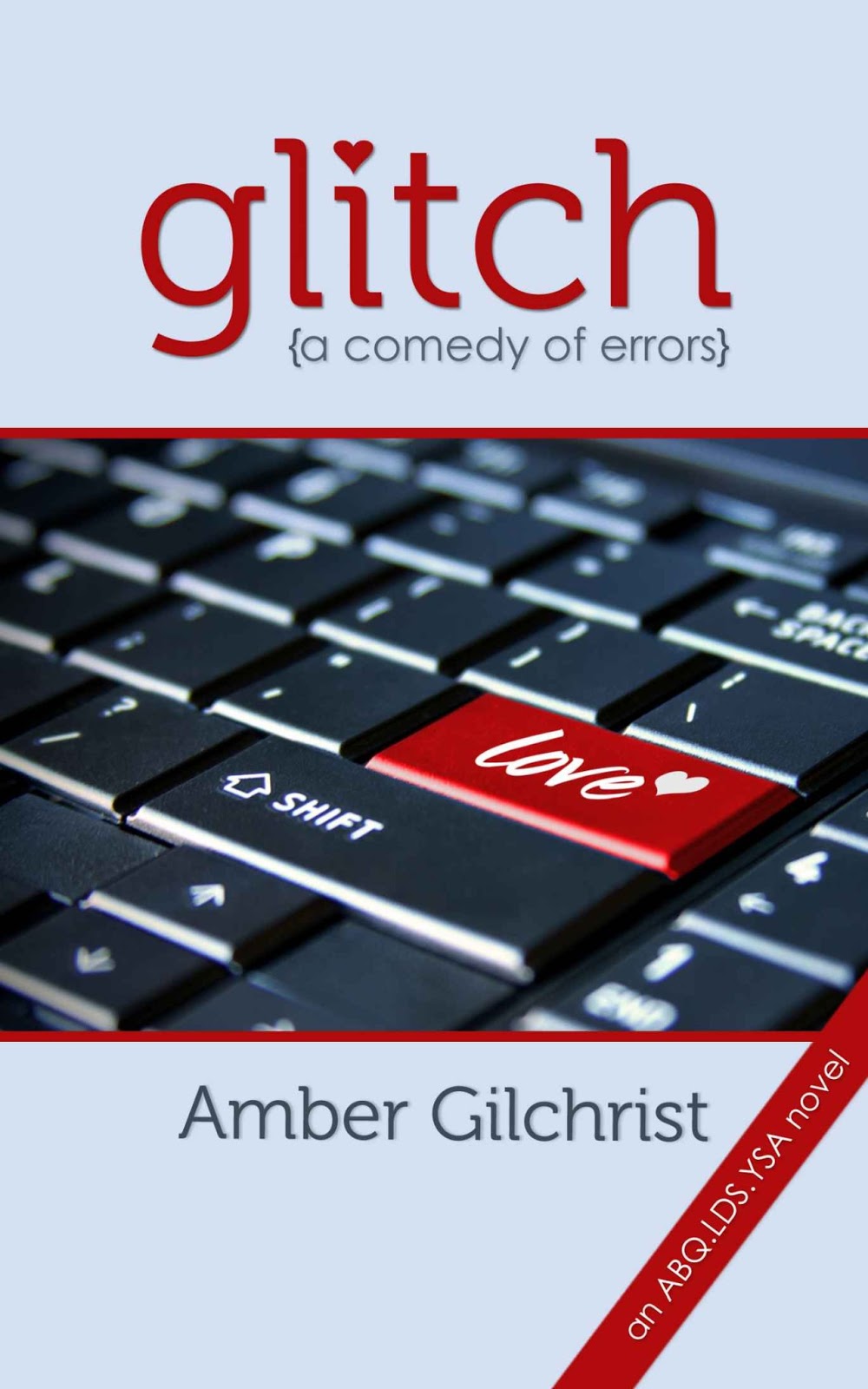In some areas of Mormondom, MLM companies and distributors are as ubiquitous as CTR rings and minivans. In areas like these, it's not uncommon to be approached by home teachers, visiting teachers, and other people in your ward about joining up. If multi-level marketing is the win-win situation many people tout it as, what's wrong with multi-level marketing?
Nothing, if you don't mind being a pawn in someone else's money-making scheme while you barely scrape by yourself. The danger is that you won't be told the real deal up front. Instead, you'll be given visions of grandeur. Writing for
Forbes, Donald Frazier says, "some MLMs amp it up with messianic language and a powerful sense of purpose and community so that IRs stick with it to be loyal and keep friends, even when losing money."
For example, Bountiful-based ARIIX distributes dietary supplements through its multi-level marketing network, but the company's vision is "to unleash the human potential for good." Who wouldn't want to be a part of such a mission. Their
website elaborates a little on this vision: "Our desire is to contribute to the greater good of every person we encounter because we believe that each one of us is linked together for a specific purpose." It's exceedingly difficult to find out how much you can make by selling ARIIX products. On the
compensation page, you're told, "The possibilities are endless for what you can attain with the Activ8 Compensation Plan. by participating in the Activ8 Compensation Plan you will have access to a tool that can make your dreams a reality."
C'mon, seriously? I just want to know how much commission I'll earn when I sell my visiting teachers the Slenderiix weight-loss products because I already told them that "
abnormal fat storage resulting from a suppressed metabolism is a disease of deficiency and co-existent toxicity."
It seems like I'm picking on ARIIX, but I'm just using it as an example. If a company is not willing to be up-front about how much the products cost, how much commission you'll make by selling them, or what you can expect from this "job," it's too risky.
Since multi-level marketing is so prevalent in some LDS areas, I've included a whole section of my book,
Farsighted: The Mormon Mom's Guide to Money, to explaining its inherent dangers. There are so many legitimate, less-dangerous ways out there for moms to make part-time income from home. You don't have to resort to the confidence-eroding job of selling price-inflated products to your increasingly skeptical friends and acquaintances. Don't be a pawn. Take control.









